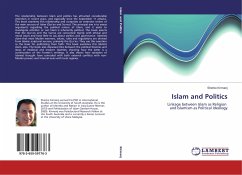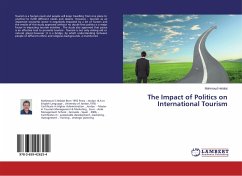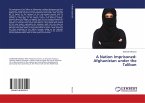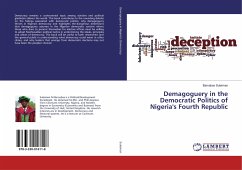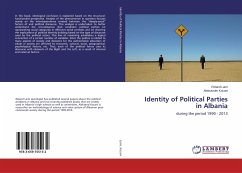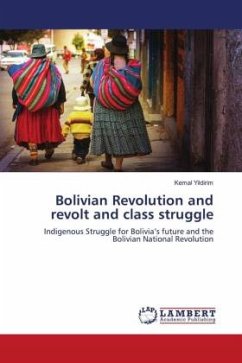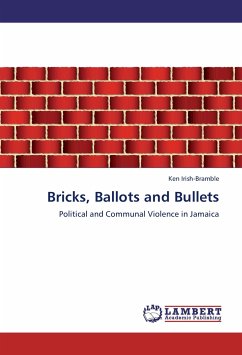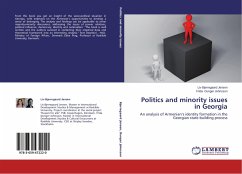The relationship between Islam and politics has attracted considerable attention in recent years, and especially since the September 11 attacks. This book examines this relationship and comprises an extensive review of the main sources of Islam (Qur'an and Sunna). The principal aim is to assess arguments regarding the political nature of Islam, and it seeks to investigate whether or not Islam is inherently political. The book asserts that the Qur an and the Sunna are concerned mainly with ethical and moral issues and have little to say about politics and governance. Islamists claim that most Muslim manners, values, rules and regulations are derived from Islamic scriptural sources, primarily the Qur an. They use this assertion as the basis for politicizing their faith. This book examines this Islamist claim, also. The book also discusses links between the political theories and ideas of medieval and modern Islamists, showing how the latter is a continuation of the former s writings. It also shows how episodes of Islamist thought have coincided with both external conflicts with non-Muslim powers and internal ones with local regimes.
Bitte wählen Sie Ihr Anliegen aus.
Rechnungen
Retourenschein anfordern
Bestellstatus
Storno

